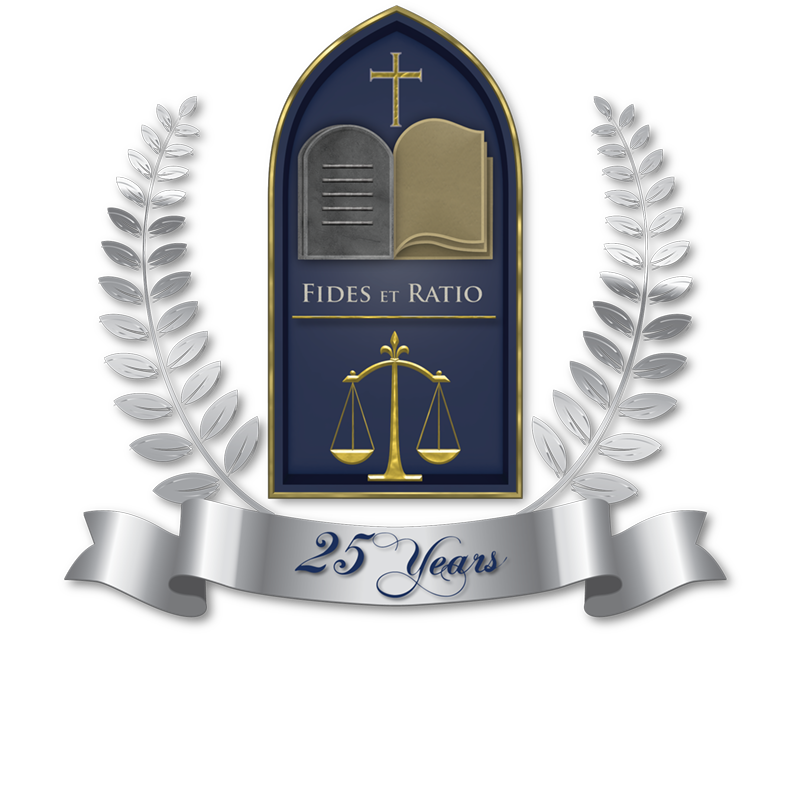Blockchain Basics

By Cecilia Berutti,
Smith Business Law Fellow
J.D. Candidate, Class of 2026
Blockchain technology has existed for over a decade. However, to a novice, most academic articles on blockchain are confusing at first glance, and other articles tend to be too focused on one specialized application of blockchain technology at a time. Therefore, this blog answers two basic questions: “What is blockchain?” and “What are the applications of blockchain technology?”
The inventor of blockchain technology, Satoshi Nakamoto, conceptualized the process in his published paper “Bitcoin: A Peer-to-Peer Electronic Cash System” in 2008, and he subsequently brought blockchain technology to life when he created the first bitcoins in 2009.[1] There are four main types of blockchain: public, private, hybrid, and consortium, each having distinct benefits and drawbacks.[2] Blockchain is a distributed ledger technology (DLT)[3] that essentially serves as a database holding transaction records.[4] When new transactions are verified, they are linked with previous transactions, forming a chain of transactions called the “blockchain.”[5] Blockchain has the characteristics of being distributed[6] and immutable[7], and when referencing public blockchains, decentralized[8].
Blockchain technology can be applied in numerous ways and is the backbone for many processes, including the following:
I. Cryptocurrencies:
The most popular discussion of blockchain involves cryptocurrencies. “Cryptocurrencies are the native digital asset of blockchain networks.”[9] Each blockchain only has one cryptocurrency.[10] For example, Bitcoin’s blockchain native currency is Bitcoin (BTC), and Ethereum’s native currency is Ether (ETH).[11] When using the Bitcoin or Ethereum’s blockchain to send transactions you pay a fee to run the transaction on its network in its corresponding native currency.[12]
II. Crypto Tokens:
A blockchain may have hundreds and thousands of tokens but will only ever have one cryptocurrency.[13] “Crypto tokens are secondary assets built on top of existing blockchain networks, but not a core part of how the networks function.”[14] To avoid the expensive and lengthy task of building a blockchain, tokens can benefit from running on the security and stability of existing blockchains.[15]
Virtually anything can be “tokenized,”[16] whether tangible or intangible assets; they can be held, tracked, or traded on a blockchain network.[17]A plethora of things can be represented by crypto tokens, including financial assets (stocks and bonds)[18], money market and investment funds[19], real estate assets[20], intellectual property[21], healthcare records[22], property deed records[23], commodities (like gold), financial instruments (like derivative contracts), fiat currencies, and voting rights.[24] The benefits of tokenization include greater accessibility to information, transparency of past and present ownership, increased security by minimizing record-keeping trust, and increased liquidity of traditionally illiquid assets.[25]
III. Smart Contracts
A smart contract, a self-executing program code that runs on a blockchain that cannot be altered,[26] takes advantage of the blockchain’s security and reliability.[27] Upon meeting predetermined terms and conditions, without the use of an intermediary, smart contracts are automatically executed.[28] They can be used in various ways, including making royalty payments, end-to-end supply chain management, proof of funds and payment planning in the mortgage industry, digitizing payroll administration, and international trade. [29] The benefits of using smart contracts include increased speed in transactions by eliminating the use of an intermediary, efficiency, accuracy, trust, transparency, security, and time savings.[30]
________
[1] Simanta Shekhar Sarmah, Understanding Blockchain Technology, 8 Comput. Sci. & Eng’g 23, 24 (2018).
[2] Christine Campbell, What are the 4 different types of blockchain technology?, TechTarget (June 27, 2024), https://www.techtarget.com/searchcio/feature/What-are-the-4-different-types-of-blockchain-technology#:~:text=Typically%2C%20transactions%20and%20records%20in,blockchain%2C%20it%20cannot%20alter%20transactions.
[3]Id.
[4] Sarmah, supra note 1, at 23.
[5] Id.
[6] Id.
[7] Id. at 27.
[8] Kathleen E. Wegrzyn & Eugenia Wang, Types of Blockchain: Public, Private, or Something in Between, Foley & Lardner LLP (Aug. 19, 2024), https://www.foley.com/insights/publications/2021/08/types-of-blockchain-public-private-between/.
[9] Cryptocurrencies vs. crypto tokens, Brave (July 17, 2024), https://brave.com/web3/cryptocurrency-versus-tokens/.
[10] Id.
[11] Id.
[12] Id.
[13] Id.
[14]Id.
[15]Id.
[16] Tokenization is the process of creating a digital representation of a real thing. See What is tokenization?, McKinsey & Co. (July 25, 2024), https://www.mckinsey.com/featured-insights/mckinsey-explainers/what-is-tokenization.
[17] What is blockchain?, IBM, https://www.ibm.com/topics/blockchain (last visited Sept. 14, 2024).
[18] What is tokenization?, supra note 16.
[19] Id.
[20] Tokenization: A complete guide, Kraken, https://www.kraken.com/learn/what-is-tokenization (last visited Sept. 16, 2024).
[21] Id.
[22] Blockchain for Personal Health Records, ScienceSoft, https://www.scnsoft.com/healthcare/blockchain-for-personal-health-records#:~:text=Blockchain%20technology%20for%20medical%20records,compliance%20with%20PHI%2Drelated%20regulations. (last visited Sept. 16, 2024).
[23] Simplifying the Sale of Property with Blockchain Technology, McNees (Feb. 13, 2024), https://www.mcneeslaw.com/blockchain-technology-ii-of-iv/#:~:text=By%20recording%20deeds%20on%20a,property%20titles%20quickly%20and%20accurately.
[24] Cryptocurrencies vs. crypto tokens, supra note 9.
[25] Danny Mulvihill, What is Tokenization? Benefits and Use Cases, Crossmint Blog (Feb. 27, 2024), https://blog.crossmint.com/what-is-tokenization/.
[26] Smart Contract Basics, Stellar, https://stellar.org/learn/smart-contract-basics (last visited Sept. 16, 2024).
[27] What Are Smart Contracts and How Do They Work?, Chainlink (Nov. 29, 2023), https://chain.link/education/smart-contracts.
[28] What are smart contracts on blockchain?, IBM, https://www.ibm.com/topics/smart-contracts (last visited Sept. 14, 2024).
[29] 10 Real-World Smart Contract Use Cases, Hedera, https://hedera.com/learning/smart-contracts/smart-contract-use-cases (last visited Sept. 16, 2024); Anna Duke, What Does the CISG Have to Say About Smart Contracts?, 20 Chi. J. Int’l L. 141,143 (2019).
[30] What are smart contracts on blockchain?, supra note 28.




